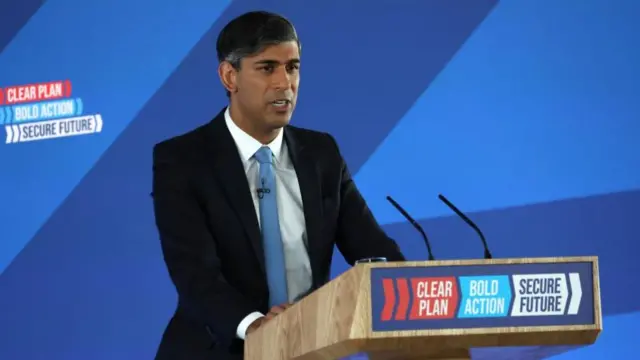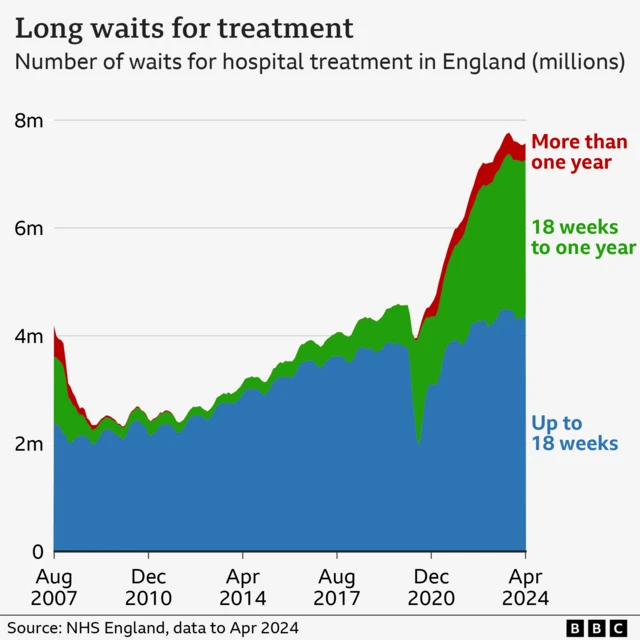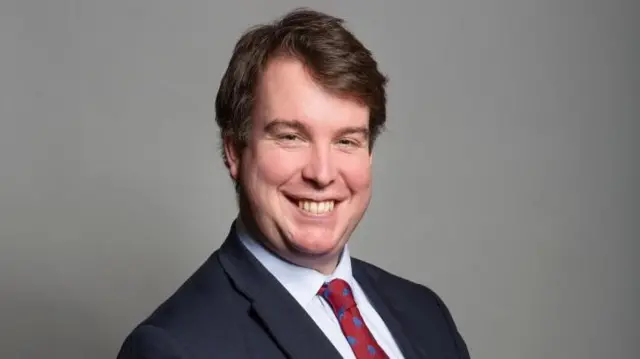
Is Labour’s housing promise feasible?published at 14:37 BST 13 June 2024
 Mark Easton
Mark Easton
Home editor
Labour’s pledge to build 1.5 million new homes in England across the next parliament requires a level of housebuilding not seen since the 1960s.
In the last 12 months, construction started on fewer than 150,000 properties, meaning the government can't get close to the level required to meet the pledge initially.
The last time more than 300,000 homes were completed in a year was 1969 - nearly half of which was council housing.
Historically, private sector housebuilders have only delivered more than 170,000 in a year twice - that was during the housing boom of the early 1970s.
Labour plans to reform the economics and bureaucracy of housebuilding to increase private provision, but the scale of the ambition means they will be reliant on housing associations and local councils.
In the last year, housing associations started construction on 30,000 homes, while it was just 3,000 for English councils.















